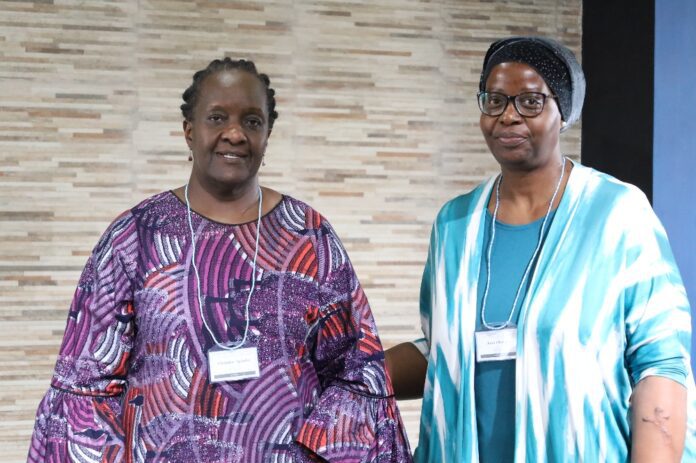UN Women, in partnership with the Kenya Law Reform Commission, University of Nairobi Faculty of Law, Plan International, and Strathmore University, is hosting the 2nd Annual Family Conference at Strathmore University to reflect on the decade of family law reforms in Kenya. The conference coincides with the 16 Days of Activism Against Gender-Based Violence (GBV), creating a powerful synergy between local legal advancements and global advocacy efforts to end violence against women and girls.
The conference comes at a significant time, marking ten years since enacting several crucial laws that have shaped family dynamics in Kenya – the Matrimonial Property Act, the Marriage Act, and the Protection from Domestic Violence Act. The ten-year milestone provides a platform for diverse stakeholders to reflect on how these laws have advanced gender equality, children’s rights, and access to justice within family settings. This aligns with the global objectives of the 16 Days campaign, an annual initiative from November 25 to December 10, dedicated to eliminating gender-based violence worldwide.
Reflecting on a Decade of Family Law Reform
The 2nd Annual Family Conference seeks to comprehensively analyze Kenya’s progress in family law reform over the past decade.
These themes are vital to understanding the role of effective family laws in protecting individuals from violence, ensuring justice, and creating a foundation of equality in Kenyan homes.
“Family law reform is a critical part of the fight against gender-based violence. More often family law processes take long to settle on legal solutions and perpetrators can take advantage of such situations. We have also observed that family laws can have a financial burden on victims in cases that take long to be determined,” said Ms. Christine Okeno, UN Women Lead on Ending Violence Against Women and Girls.
ICANN announces new gTLD application support program
A Call to Action during the 16 Days of Activism
The 16 Days of Activism Against Gender-Based Violence underscores the urgency of building leg frameworks that protect vulnerable individuals from violence. This year’s UNiTE campaign, spearheaded by the UN Secretary-General, focuses on increasing accountability, accelerating action to end violence, and elevating the voices of survivors. The discussions held during the family conference directly contribute to these goals by addressing gaps in law enforcement, advocating for survivor-centered justice, and emphasizing the importance of gender-responsive legal frameworks.
Key advocacy objectives for both the conference and the 16 Days campaign include strengthening accountability, fostering collaboration among stakeholders, and broadening access to justice for survivors of violence. By leveraging insights from legal experts, research findings, and practical experiences, the conference aims to shape policy and advocacy efforts that will contribute to a safer, more equitable society.
Building Momentum for Change
UN Women and its partners continue to provide interventions that advocate for stronger legal protections against gender-based violence. Findings from the conference will be published in the East African Law Journal, and a comprehensive policy brief will be developed to inform legislative and administrative measures that address family law issues.
“This is an important moment to link academic research, policy recommendations, and advocacy in a meaningful way,” adds Ms. Christine Okeno, representing UN Women at the conference. “By reflecting on the gains made in family law and aligning with the global movement to end violence against women and girls, we are taking concrete steps towards accountability and justice.”
The 16 Days of Activism is an annual international campaign that starts on November 25, the International Day for the Elimination of Violence Against Women, and ends on December 10, HumanRights Day. It is a time to mobilize action to prevent and eliminate violence against women and girls globally. This year, the UNiTE campaign by UN women aims to amplify the urgency of ending femicide and increasing accountability for violence against women and girls.
Related








